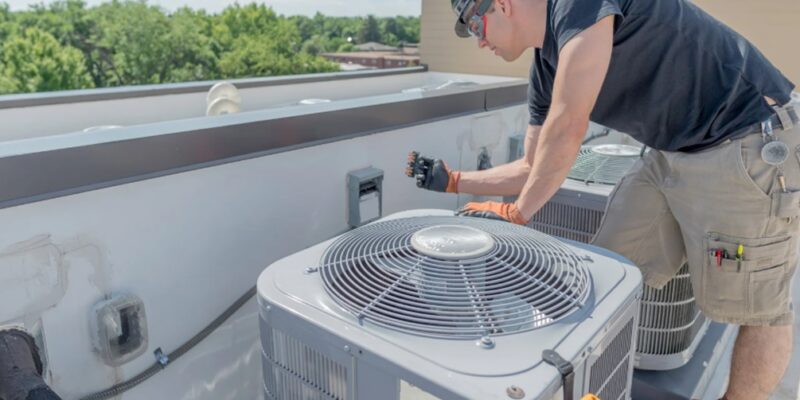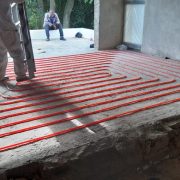Installing a new HVAC system is one of the most important upgrades a homeowner can make. It directly affects your comfort, air quality, and energy expenses. Whether you’re planning an upgrade or installing a system for the first time, exploring HVAC installation in Troy can help you approach the process with the right expectations and considerations. It’s not just about selecting a unit—there are several critical factors that determine long-term satisfaction and system performance.
From system size and efficiency ratings to permitting requirements and system types, careful evaluation ensures your investment pays off in comfort and reliability.
Start with Proper System Sizing
An HVAC system must be sized appropriately to meet your home’s specific needs. If the system is too small, it will constantly run to maintain temperature, leading to higher energy use and more wear on the unit. If it’s too large, it may cycle on and off too frequently, failing to dehumidify properly and reducing the system’s lifespan.
A professional assessment that includes load calculations is essential. These calculations take into account factors such as square footage, insulation levels, window types, and orientation. Proper sizing ensures efficiency, consistent comfort, and fewer breakdowns over time.
Focus on Efficiency Ratings
HVAC systems are rated for efficiency, and understanding these ratings is key to making a smart choice. Look for SEER (Seasonal Energy Efficiency Ratio) and AFUE (Annual Fuel Utilization Efficiency) values. Higher ratings mean better energy performance and lower utility bills in the long run.
While high-efficiency systems may cost more upfront, the return on investment often comes through monthly savings and increased durability. Energy-efficient systems are also more environmentally friendly, which can appeal to homeowners with sustainability goals.
Know the Permit Requirements
Before proceeding with your HVAC installation, it’s crucial to verify if permits are required. Many municipalities have regulations around HVAC work to ensure it complies with safety standards and building codes. For example, you may need a permit to install a mini split, especially if electrical or structural modifications are involved.
Failing to obtain the correct permits can result in penalties, delays, or complications when selling your home. Having the right documentation also guarantees the work is inspected and approved, giving you added peace of mind.
Choosing the Right HVAC Type
There are several HVAC systems to choose from, including traditional split systems, ductless mini-splits, and heat pumps. Each has distinct benefits depending on your home’s layout, insulation, and climate.
Understanding how to choose the right HVAC system involves more than picking the most popular model. For example, ductless systems are ideal for additions or homes without existing ductwork, while central air may suit larger homes with established infrastructure. The right system should match your comfort needs, budget, and energy goals.
Conclusion
Installing a new HVAC system is a long-term investment that requires careful planning. From correct system sizing to evaluating energy efficiency, checking permit requirements, and selecting the most appropriate type, each step plays a vital role in the outcome. Taking time to consider these key factors before installation ensures better performance, lower energy costs, and a more comfortable home environment for years to come.










Comments